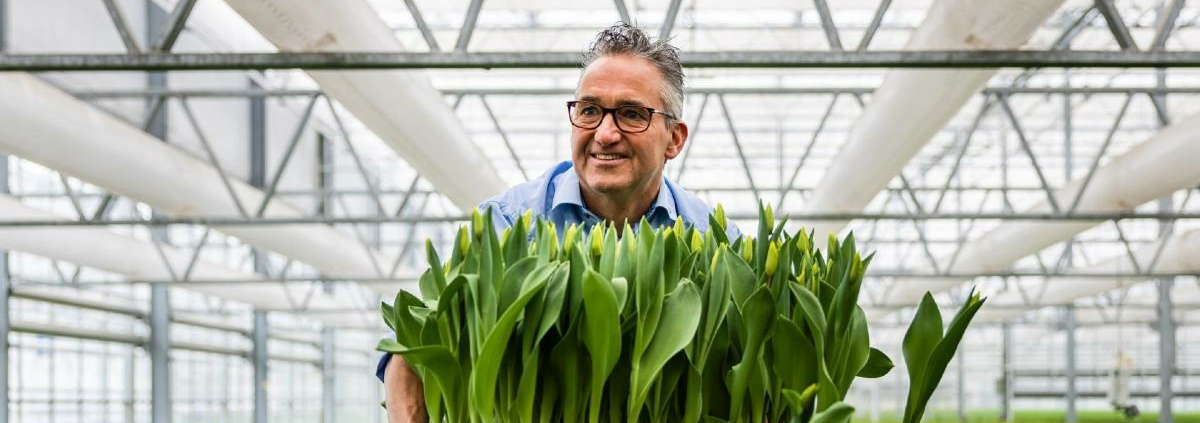Interview with NVWA Brexit coordinator Peter Verbaas: ‘Get ready!’
getreadyforbrexit.eu – On 31 January 2024, the first measures of the Border Target Operating Model take effect in the United Kingdom (UK). For a large group of animal products, plants and plant products from a medium risk onwards, a phytosanitary or veterinary certificate will then be required for imports to the UK. Coordinator Brexit at the NVWA, Peter Verbaas worries about the state of preparation among Dutch companies. “For those who are not ready in time for that phase, business with the UK unfortunately stops.”
What is the state of play?
“Towards Dutch business I can only say: prepare! There has been no signal from the UK to consider another postponement. Understandably too, the challenge of providing all products from a medium risk onwards with a veterinary or phytosanitary certificate from 31 January is entirely on our side of the North Sea.”
Is business in the Netherlands ready for this?
“My gut feeling is that many companies are still on hold. For certification, we have made clear agreements with the business community on self-certification. They do this by participating in the business recognition system. It has been agreed that 80 per cent of the plant-based industry will work that way. For veterinary cargo, it is even 100 per cent.”
What does this way of working look like in practice?
“Companies submit a protocol to us for self-inspection of their cargo. The regulator audits this protocol and after approval, the company can start working that way. We certify remotely. We inspect via spot checks. By working this way, we want to minimise logistical delays for business and make the best use of our capacity as a supervisor. We all benefit from this.”
What does this require from business?
“Most of the work is preparing and setting up the protocol, plus auditing it. For the plant business sector, a training course for Phytosanitary Officer will be added for employees. The important thing is that companies set up the agreed working method in good time. Otherwise, things will get out of hand. Those who have not started preparing by now should really worry. We do not issue certificates outside this working method. Very annoying for those who are not ready in time. It is then up to the UK to decide whether to allow consignments or not.”
What do you see as logistical risks of the UK’s new import measures?
“Companies now often combine low- and medium-risk cargo in one shipment. Will that continue? We do hear that companies want to separate the two risk groups. But that is not always possible. If you’re making flower bouquets here in the Netherlands, it’s probably not doable to add a final medium-risk branch in the UK. It may also be that parties no longer include medium-risk products in a bouquet. These are business choices.”
“Another logistical risk is that cargo may soon be rejected in the UK. Going back to the EU is not easy. That requires specific documents and safeguards. I don’t think everyone realises that yet. It is important as a company to think about that in advance as well.”
What appeal would you like to make to the business community?
“Don’t underestimate what it will take to comply with the UK’s new import requirements. Those who have not yet started preparations, do so now! Our message as NVWA is very clear: if a large group thinks they can wait a little longer, we will all soon be at a standstill. We cannot help everyone at the last minute. It’s like boarding a plane. One person is always allowed to arrive later than two hours before departure. If everyone does that, the plane won’t leave on time. As NVWA, we have to have time for the audit. Moreover, it may be the case that following an audit at a company, another adjustment is needed. That too takes time.”
Where can companies go who still need help?
“On our website, the Brexit page offers explanations. The relevant industry associations can often also provide further clarification. After all, every company is slightly different. At the request of a trade association, we are also happy to come and provide information. If there is a need for this, we climb on the stage to start the conversation about what is needed prior to 31 January 2024.”


